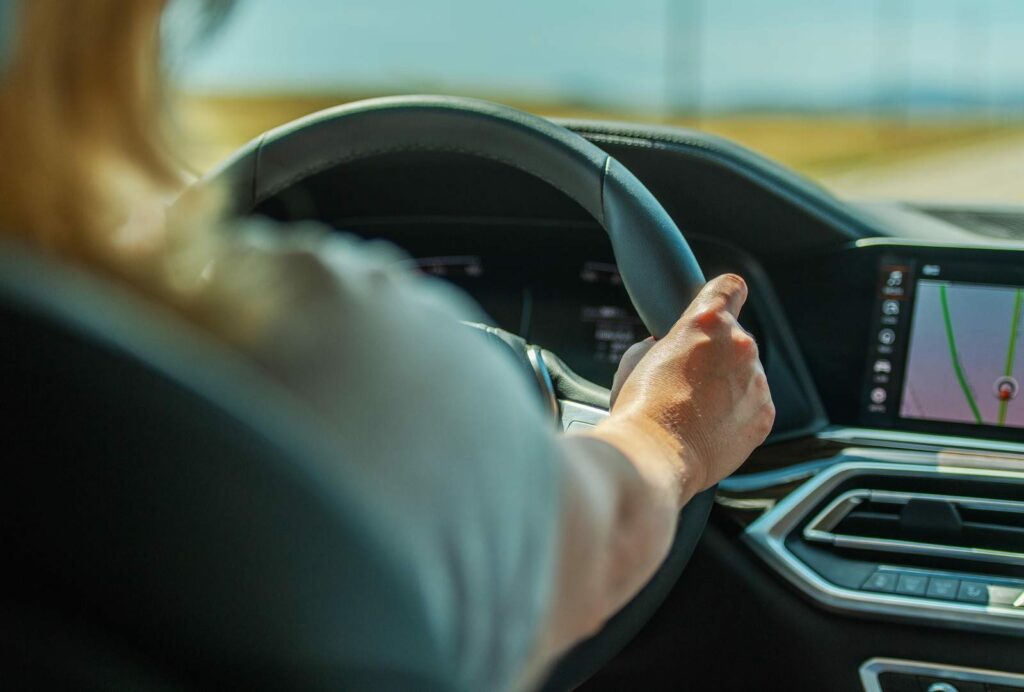You may have read everything and its opposite about the famous data loggers which will soon be compulsory on new cars in Europe. These « black boxes », from the famous name of the flight recorders used for almost a century in aeronautics, will indeed be present in a few weeks on the Old Continent. But their scope is sometimes the subject of speculation of all kinds, leading the general public to be wary of these systems like the plague. Many fear that they are used to track the driver and his actions, or that insurers use the data to adjust premiums and even that the black boxes are connected to the on-board microphones of cars to… listen to you . Under surveillance, the driver of tomorrow? It will be, certainly, but not by everyone, and in all areas.
The black box for whom?
What is the black box? It is quite simply a small on-board device which has access to data from sensitive components such as braking, steering, accelerator or driving controls such as turn signals. Clearly, the black box records a large amount of information (source: Leocare):
- Speed
- Acceleration or braking phases
- Whether or not to wear a seat belt
- The use of flashing and other signaling equipment
- The force of the collision
- The engine speed
- The inclination of the vehicle
The data retained is only that recorded 30 seconds before and 10 seconds after the accident. They can be used for legal proceedings in the event of an accident, in addition to being used for statistical purposes, but anonymously in this specific case.
The introduction of black boxes will be done in two stages. Firstly, any new model of private vehicle, truck, bus, and utility, approved and launched from July 6, 2022 must be equipped. Obviously, the presence of this analysis device will generate a very small additional cost, but it could be offset by a small reduction in insurance premiums… if insurers play the game, of course. We will come back to this below. Secondly, any new registration from July 6, 2024 must have a black box. Clearly, if you order a Renault Mégane E-Tech, it will not have a black box before 2024. Conversely, the Peugeot 408 will not escape it since its approval should be done after July 6, 2022!
The Automotive Black Box FAQ
1. Will black boxes be installed on used cars?
No. This is information that has been around and has been the subject of false rumours. Black boxes will not be installed on used cars. Only new models and then new registrations will be affected.
2. Do insurers have access to the data?
No. Insurers will not be able to use the data recorded by the black boxes. Only research institutes and judicial police officers will be able to claim them, in particular for serious accidents.
3. Black boxes, the first step in driving surveillance?
No. In fact, there is already a data recording system on board the vehicles. OBFCM (Onboard fuel consumption monitoring), present since 2020 on all new cars launched and registered, allows Europe to check the actual consumption of vehicles on the Old Continent in order to compare them with the results of certification tests. Objective: avoid a new dieselgate!
4. Will black boxes increase motorists’ budgets?
Yes and no. Yes, since just like any driving aid made compulsory by Europe (maintenance in the lane, autonomous emergency braking, etc.), this small control device will generate a tiny additional cost on more and more cars dear. On the other hand, the black box would make it possible to lower insurance premiums since they would improve accident statistics. This is in any case what would have been observed in the United States where black boxes have been present for several years. But still it will be necessary that the insurers do not benefit from it to increase their margins.

